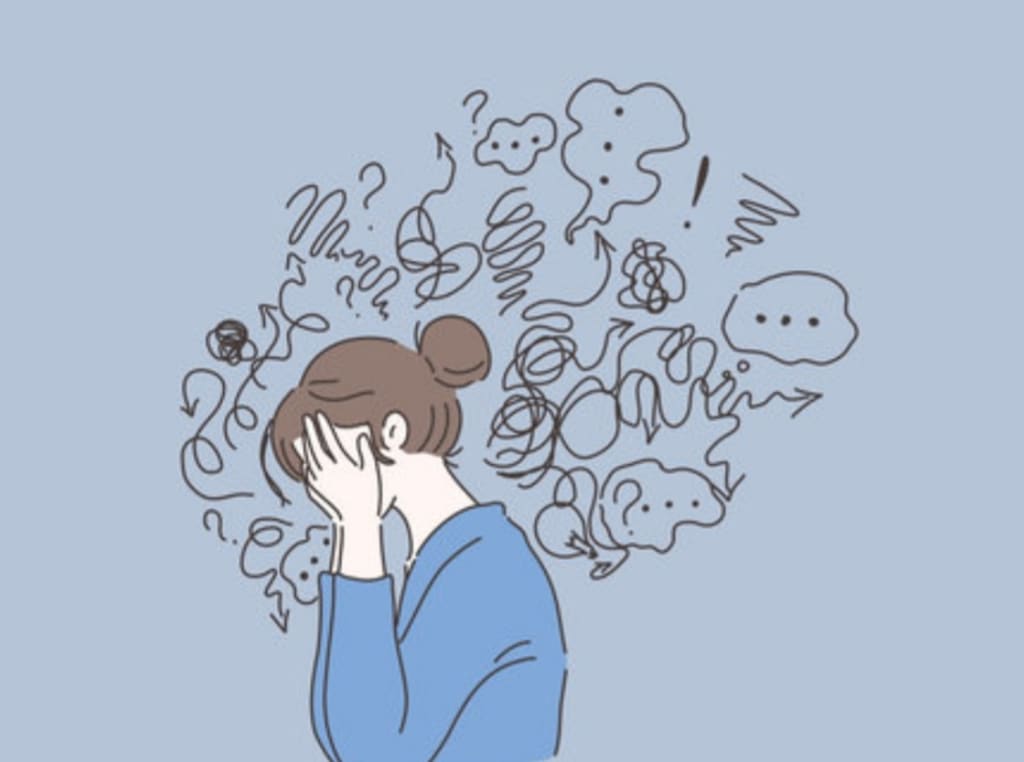Exploring Mental Health Apps and Resources: Tools for Well-Being and Support
From Tech To Health

In today's digital age, technology has revolutionized how we approach mental health care. Mental health apps and online resources offer accessible, convenient, and often personalized support for individuals seeking to improve their emotional well-being, manage stress, and address mental health concerns. This article explores the benefits of mental health apps, highlights popular resources, and discusses considerations for choosing the right tools.
Benefits of Mental Health Apps
Mental health apps have gained popularity for several reasons:
Accessibility: Apps provide immediate access to mental health tools and resources anytime, anywhere, using smartphones or tablets.
Affordability: Many apps offer free or low-cost options compared to traditional therapy sessions, making mental health support more accessible.
Privacy and Confidentiality: Users can engage with apps privately, without the perceived stigma of seeking face-to-face therapy.
Personalization: Some apps offer personalized content and tools based on individual needs and preferences, enhancing engagement and effectiveness.
Empowerment: Apps empower individuals to take an active role in their mental health care by providing tools for self-assessment, monitoring symptoms, and practicing coping skills.
Types of Mental Health Apps
Mindfulness and Meditation Apps:
Examples: Headspace, Calm, Insight Timer
Focus: These apps offer guided meditation sessions, breathing exercises, and mindfulness practices to reduce stress, improve focus, and promote relaxation.
Mood Tracking and Journaling Apps:
Examples: Daylio, Moodnotes, Moodpath
Focus: Users can track their mood fluctuations, identify triggers, and gain insights into emotional patterns through mood journals and self-assessment tools.
Therapy and Counseling Apps:
Examples: BetterHelp, Talkspace, 7 Cups
Focus: These apps connect users with licensed therapists or counselors for online therapy sessions via text, voice, or video calls, providing professional support and guidance.
Sleep Improvement Apps:
Examples: Sleep Cycle, Relax Melodies, Sleepio
Focus: Apps designed to improve sleep quality by offering relaxation techniques, soothing sounds, and personalized sleep schedules.
Stress and Anxiety Management Apps:
Examples: Sanvello (formerly Pacifica), Happify, Rootd
Focus: These apps provide tools such as cognitive behavioral therapy (CBT) exercises, breathing techniques, and stress reduction activities to manage anxiety and stress levels.
Peer Support and Community Apps:
Examples: Wisdo, Supportiv, Elefriends
Focus: Apps that facilitate peer support and community engagement, allowing users to connect with others facing similar challenges, share experiences, and receive encouragement.
Considerations for Choosing Mental Health Apps
When selecting a mental health app, consider the following factors:
Evidence-Based: Look for apps developed with input from mental health professionals and supported by research or clinical trials.
User Reviews and Ratings: Check user reviews and ratings to gauge the app's effectiveness, ease of use, and reliability.
Privacy and Security: Ensure the app protects your data and complies with privacy regulations, such as HIPAA (Health Insurance Portability and Accountability Act) in the United States.
Features and Customization: Choose an app that offers features aligned with your goals (e.g., stress management, mood tracking) and allows for customization based on your preferences.
Compatibility and Accessibility: Verify compatibility with your device (iOS, Android) and consider accessibility features that accommodate diverse user needs.
Integrating Mental Health Apps into Your Wellness Routine
Set Realistic Goals: Define clear goals for using the app, such as improving sleep quality, reducing anxiety, or enhancing mindfulness.
Consistency is Key: Incorporate app usage into your daily or weekly routine to maximize benefits. Establish regular habits, such as using a meditation app before bed or journaling daily.
Combine with Other Strategies: Use mental health apps as part of a holistic approach to well-being, alongside healthy lifestyle choices, social support, and professional therapy when needed.
Conclusion
Mental health apps and online resources offer valuable tools and support for enhancing emotional well-being, managing stress, and addressing mental health concerns. Whether you're seeking mindfulness practices, therapy sessions, mood tracking tools, or community support, there is a wide range of apps available to cater to diverse needs. By exploring and integrating these resources into your wellness routine, you can empower yourself to take proactive steps toward better mental health and overall well-being. Remember, while apps can be beneficial, they complement but do not replace professional mental health care. If you're experiencing severe symptoms or need personalized guidance, consider consulting with a licensed therapist or healthcare provider for comprehensive support. Embrace technology as a tool for self-care and embark on a journey toward a healthier, happier you.
About the Creator
Enjoyed the story? Support the Creator.
Subscribe for free to receive all their stories in your feed. You could also pledge your support or give them a one-off tip, letting them know you appreciate their work.





Comments
There are no comments for this story
Be the first to respond and start the conversation.